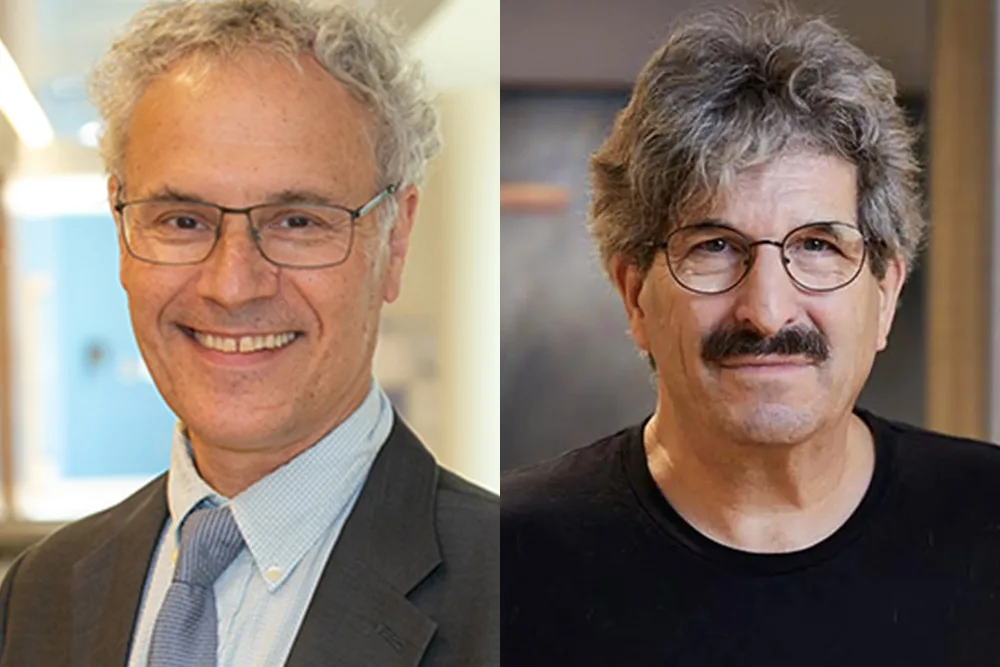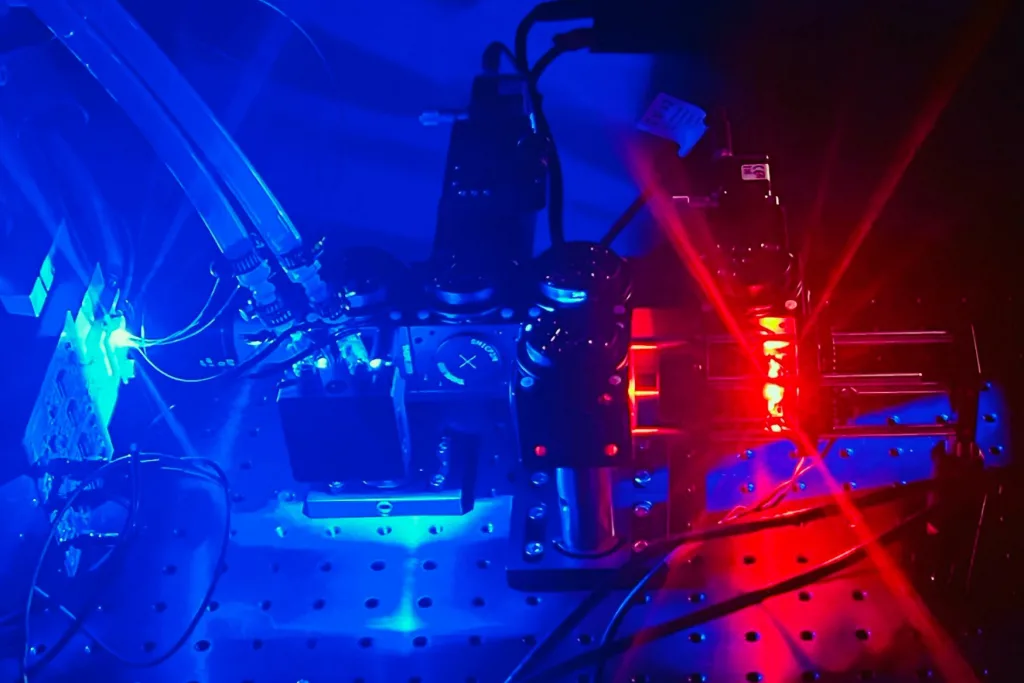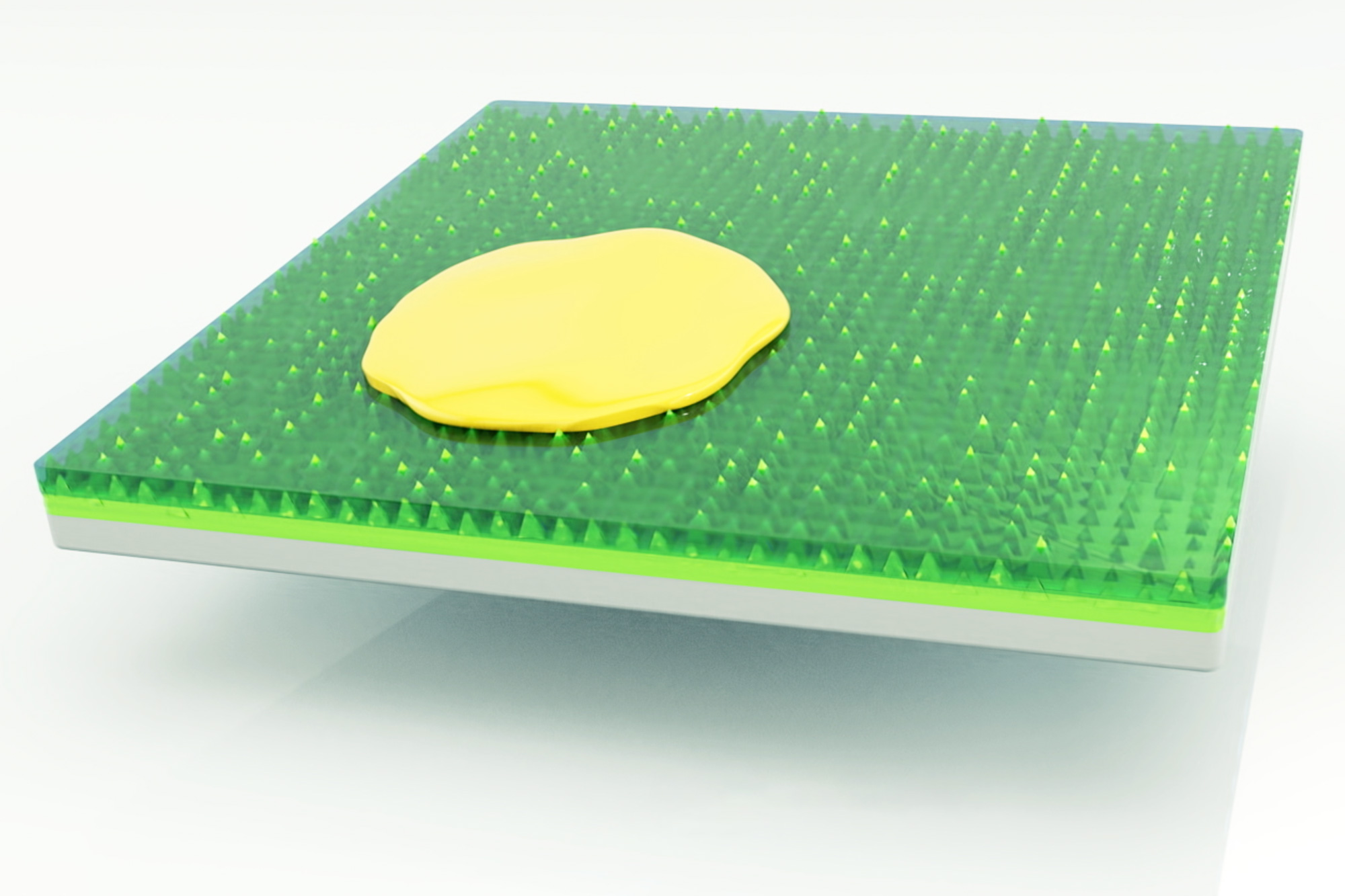Victor Ambros, an esteemed MIT alumnus, alongside Gary Ruvkun, has been awarded the prestigious 2024 Nobel Prize in Physiology or Medicine, as announced by the Royal Swedish Academy of Sciences in Stockholm today.
Ambros serves as a professor at the University of Massachusetts Chan Medical School, while Ruvkun is a recognized professor at Harvard Medical School and Massachusetts General Hospital. They received this honor for their momentous discovery of microRNA—tiny RNA molecules that are pivotal in regulating genes.
“Their revolutionary research unveiled a new principle of gene regulation, which is vital for all multicellular organisms, including humans. The human genome contains over a thousand microRNAs, revealing a groundbreaking aspect of gene regulation. MicroRNAs are essential for the development and functioning of organisms,” stated the Nobel committee in its announcement.
In the late 1980s, Ambros and Ruvkun collaborated as postdoctoral researchers in the Horvitz Lab at MIT, led by H. Robert Horvitz, who was awarded a Nobel Prize in 2002.
While at Horvitz’s lab, they commenced their exploration of gene control using the roundworm C. elegans. Their research centered on two mutant strains of the worm (lin-4 and lin-14) that exhibited developmental timing defects due to irregular activation of genetic programs.
In the early 1990s, during his tenure as a faculty member at Harvard, Ambros made a startling breakthrough: the lin-4 gene produced a short RNA molecule that inhibited the expression of lin-14, rather than encoding a protein as initially expected.
Meanwhile, Ruvkun continued his investigations on C. elegans genes at Massachusetts General Hospital and Harvard, demonstrating that lin-4 did not halt the transcription of lin-14 into messenger RNA; instead, it repressed the gene’s expression later by preventing the production of the lin-14 protein.
The duo compared their findings and discovered that lin-4’s sequence was complementary to parts of lin-14, which allowed lin-4 to bind to the messenger RNA of lin-14 and obstruct its translation into protein. This mechanism of gene control was unprecedented. Their pivotal results were featured in two articles published in the journal Cell in 1993.
In an interview with the Journal of Cell Biology, Ambros acknowledged the significant contributions from his collaborators, notably his wife, Rosalind “Candy” Lee, and postdoc Rhonda Feinbaum. Both were instrumental in cloning and characterizing lin-4 microRNA and co-authored one of the landmark Cell papers.
In 2000, Ruvkun discovered another microRNA, let-7, which is abundant across the animal kingdom. To date, scientists have identified over 1,000 microRNA genes in humans.
“Ambros and Ruvkun’s foundational work with the humble C. elegans organism was groundbreaking, revealing crucial insights into gene regulation that are essential for complex life forms,” the Nobel citation stated.
Victor Ambros, originally from New Hampshire and raised in Vermont, earned his PhD at MIT under the mentorship of David Baltimore, a former biology professor who won a Nobel Prize in 1973. Ambros spent many years at Dartmouth College before transitioning to his current role at the University of Massachusetts Chan Medical School in 2008.
Gary Ruvkun hails from the University of California at Berkeley, where he earned his undergraduate degree before completing his PhD at Harvard, eventually joining Horvitz’s lab at MIT.
Photo credit & article inspired by: Massachusetts Institute of Technology



